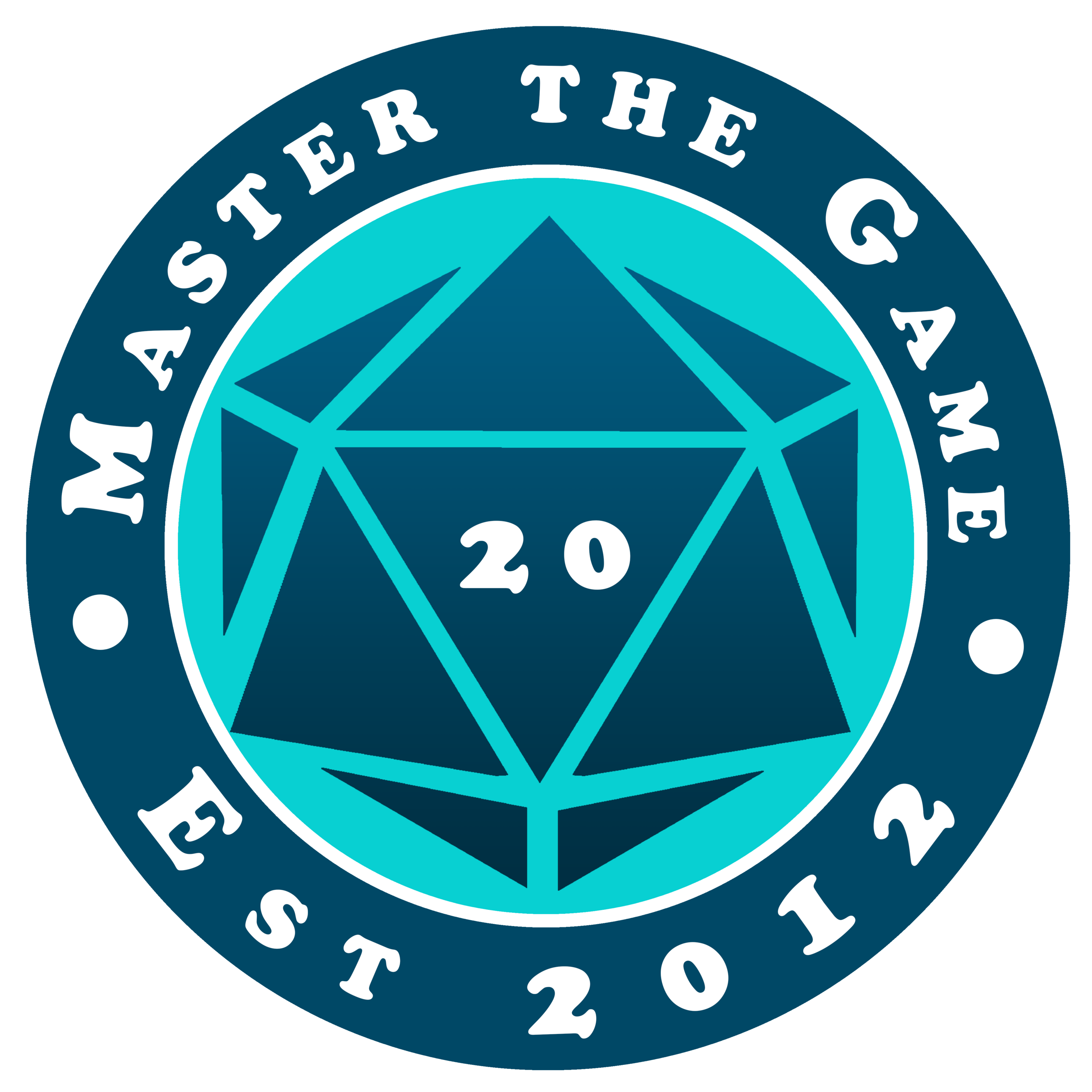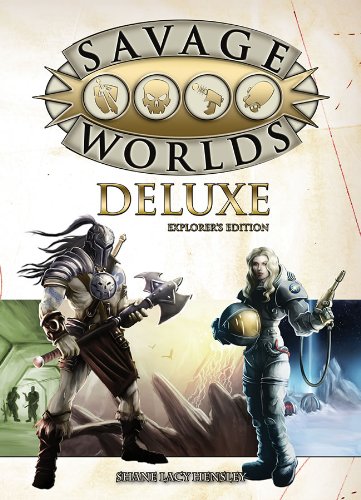Problem Players Discussion
This past week has brought up the Power Gamer discussion again. Your Main Man Ander Wood from WoodWWAD on YouTube had messaged me a few months back after watching a video I did a few years ago which you can watch here. He followed up last week with a video of his own which you can watch here. Once he did that video many others began to debate whether or not power gamers were killing the hobby. I decided to weigh in once again with why I think people even bother debating this. Now this has all had me wondering more about the various types of problem players.
Power Gamer - Many don't agree to the definition of what a power gamer is and I find that is why people don't always agree with Main Mans point that they are destroying the hobby. Everyone agrees that a disruptive player hurts the experience though. Power Gamers aren't to be confused with optimizers, min/maxers, or hack and slashers. Some view power games as people who try to optimize their character and some view it as more than just that. I used to think it was just someone who optimized. My idea of what a power game is has changed though. I personally think a power gamer is someone who tries to sneak a combination of abilities, powers, spells, or multi-classing by a game master and group of players. By this definition since they are using a mechanical advantage at the expense of the group they are a power gamer and I think they are bad for the hobby. If you have a power gamer you need to speak to them and explain what you and the group are striving for. If the player just wants a strong character that is ok as long as they know they need to work within the style of game you the game master and the rest of the group are striving for. If they can't change their disruptive behavior it is time to let them go.
Loner Character - The player who is playing this character can be very disruptive. They force the game master to split their time between the one character and the rest of the group due to splitting the party frequently. RPGs are a group activity and if you are playing a character that doesn't fit this model then they probably are best not being played. If they can still work in the group though then they may be ok. I recommend avoiding the loner characters though. If you have a player like this talk to them and tell them it is ok to be that character but they need to find a way to work within the structure of the group. If they can't do that then they will need to make a new type of character to fit within the group.
Rules Lawyer - The rules lawyer can be very disruptive by cutting off other players or the game master. Whether they are wrong or right about the rules they can be really obnoxious. I know because I tend to do this sometimes as a player. I am working on fixing this! Anyways the rules lawyer may have good intentions. If you let them know your house rules up front and also if you establish when it is ok for them to say something this can help with this player type. Another thing you can do is have this player write down any rules you or the group got wrong on a piece of paper. At the end of the session they can give it to you and you can review the things before the following session. At the next session before starting go over these rules with page numbers for reference to help the whole group.
Thespian - The thespian can be a fun player but can also be very distracting at the table. A lot of times they can demand a lot of attention. They may also stifle a session with the dreaded phrase "that's not what my character would do." In a game where it is collaborative storytelling if the group is trying to do things but one player refuses to do what the other want to do it can ruin a game night. It can cause a lot of problems for other players who want to seek out a specific adventure or quest. Sometimes you may need to pull them aside and ask them to compromise at times for the benefit of the group. You can also ask this player to help you share the spotlight with some of the players who get less "screen time" than the rest.
Multitasker - This is the person always on their cell phone, drawing sketches, knitting, sculpting with clay, or generally doing other things. This can be distracting to them or other players even. Some people don't mind this as much as others. I find that if it slows down play or is ruining anyone elses time at the table then they need to be talked to and asked to stop. Ask this player to take notes on the session so you have a timeline of events for example.
Spotlight Hog - This player wants all the glory whether in RPing with the NPCs or being the best in combat. This player can be all of the above problem player types or even none of them. They just require a lot of attention or they get bored. Give this player a job whether it is keeping track of events by taking notes much like the multitasker or something else.
Sometimes the problem isn't even that they are a bad player. It might be that everyone can't agree on a play style whether that is hack and slashing, investigations, or some other type of game. A majority of people for example don't want a hack and slash type of player in a Call of Cthulhu game. The type of player that is good for that type of game is someone who enjoys puzzles and investigations. There may be a time with the right group of players and game master though where a hack and slash player could play a fun game of CoC though. Point is though really think about what the problem is at your table before throwing around labels at people. Don't confuse combat as non RP and social interactions as RP. I have played in games with great combat RP and terrible social interaction RP. You can RP everything in a game. If you like to get past encounters with social interaction that is great but that doesn't mean the other players who enjoy combat don't like RP. If you find that your group has styles that clash talk to them to see if both sides can compromise at times for the better of the group.
These are just some of the types of problems/problem players and potential ways to handle them. Keep in mind at all times it is a group experience and if anyone at your table is making it less fun for others then they may need to be talked to. Try to think of ways to make them help the group though before talking to them so you have some constructive suggestions. I hope you found this article helpful. If you did you can help support this blog by purchasing something from my Amazon links on the side or by subscribing to my channel on YouTube. Would love to hear your thoughts and opinions in the comments below.


